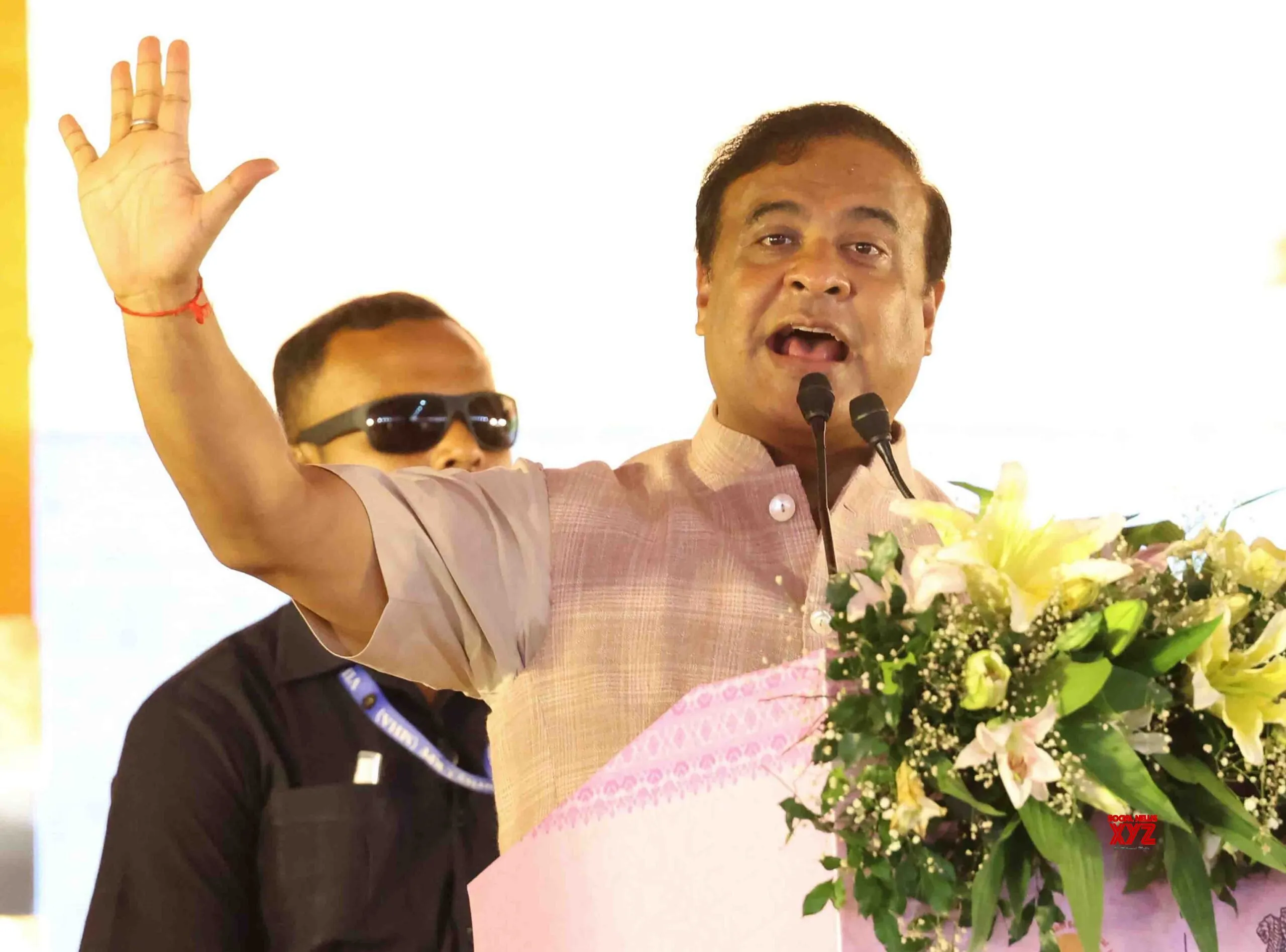By Fatima Kemelova,Nagima Abuova
Copyright astanatimes

ASTANA — Kazakhstan is set to become one of Carlsberg Group’s five largest global markets, said Carlsberg Group CEO Jacob Aarup-Andersen in an interview with The Astana Times.
He said that the company’s new $344 million soft drink plant in the Almaty Region will position the country as a hub for Central Asia.
Carlsberg and the Kazakh government signed an investment agreement on Sept. 16 to construct a state-of-the-art facility in Boraldai, Ili district. Built on a 17-hectare site, the plant will produce up to one billion liters annually under a PepsiCo license for Kazakhstan and the Kyrgyz Republic.
“If we look at the development of Carlsberg Kazakhstan, the business has more than doubled over the last five years. With the investments we are doing right now, we think the business over the next three to five years can triple,” said Aarup-Andersen, highlighting Kazakhstan’s rising importance within the company’s global footprint.
“This will be one of our three largest production plants in the world,” he added.
Kazakhstan’s business climate
Since entering the country 27 years ago, Carlsberg has invested nearly $640 million. The Boraldai plant marks its largest single investment to date, reinforcing Kazakhstan’s role as a driver of regional growth and innovation.
Aarup-Andersen emphasized Kazakhstan’s investment environment as a deciding factor in the company’s long-term commitment.
“The understanding that if you create a good environment for international business, a good legal framework where you can trust the law and all these things, it does mean that you would put a lot of investments in. In Central Asia, we could have picked many countries, but we picked Kazakhstan,” he said.
Pillars of growth
According to Aarup-Andersen, the company envisions four major pillars of growth. They include a strong Western European business centered on the United Kingdom and Nordic region, a strong presence in Eastern Europe, expanding markets in China and Southeast Asia, and a Central Asian hub led by Kazakhstan. He noted that the plant is expected to elevate Kazakhstan into Carlsberg’s top five global markets out of 150 countries.
“Kazakhstan will be the leading tower of our Central Asian business. We do not just look at 20 million consumers here, but at 80 million consumers across the region, including the Kyrgyz Republic and Uzbekistan,” said Aarup-Andersen.
The new plant will specialize in soft drinks, including Pepsi Cola, 7UP, Mirinda, and selected energy drinks. Aarup-Andersen said the decision reflects global consumption trends.
“We think the future is about health and wellness. We have a strong beer portfolio, but the real growth is in nonalcoholic products. More and more of the population will be buying soft drinks. There is a structural growth trend, and we want to be at the forefront,” he said.
Benchmark for sustainability
Aarup-Andersen highlighted the company’s progress in reducing its environmental footprint in Kazakhstan since 2015, including carbon emissions that are down nearly 40%, water consumption reduced by half, and significant declines in energy use.
The upcoming soft drink plant in the Almaty Region is designed to become a world-class benchmark in sustainable production. Built with state-of-the-art technologies, the facility will prioritize recyclable packaging, advanced water treatment and reuse, and energy efficiency through automation.
“The new plant has to be state-of-the-art. We want it to be the world class in soft drinks. That means it has to have the latest technology within optimization. The more you automate these production sites, the less waste you get,” said Aarup-Andersen.
The facility will also include an on-site railway line to shift distribution from trucks to rail, reducing logistics-related emissions.
“We expect the vast majority of all of our products to be shipped by rail, which is much more environmentally friendly than trucks. Therefore, the rail system is an important sustainability angle for us, because we can then keep all the carbon footprint of the logistics done. It’s not just going to be a strong lighthouse in Kazakhstan. It will be global,” said Aarup-Andersen.
“Every time we build a new production facility, it has to be better than the last one, no matter where we are in the world. This site has to be the next benchmark that people have to be told,” he said.
Boosting local supply chains
The plant will expand Carlsberg’s localization efforts. The company has increased local sourcing from 30% to 71% in three years and aims to reach 80-90% in the near future. The facility is expected to add 230 jobs to Carlsberg’s current 500 positions.
Aarup-Andersen noted that sugar production will become a key driver for local agriculture. He explained that soft drinks rely heavily on sugar, alongside water and concentrate supplied by PepsiCo. The new facility is projected to use 150 tons of sugar every day, creating strong demand for domestic supply.
“The biggest impact on farmers will be sugar. So we look forward to being part of building a sugar industry in Kazakhstan,” he said.



